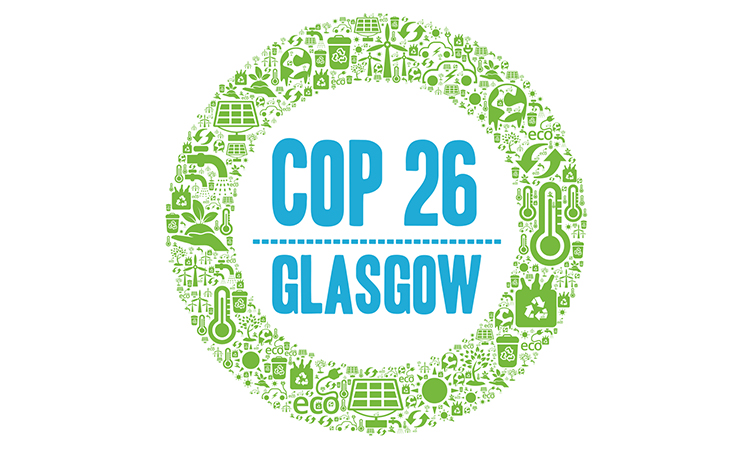How successful was the Cop26 deal in Glasgow?

The COP26 talks in Glasgow drew to a close in a mid-November with an agreement among the countries taking part on plans to reduce carbon-dioxide emissions to give effect to the agreement in principle made in Paris in 2015. The reporting of the Glasgow conference was mixed: for some it was a failure, for others it represented important progress on the road.
So with a few weeks perspective how far was Glasgow a success?
The over-arching aim was to define a programme to limit global warming well-below 2oC and preferably to 1.5oC above pre-industrial levels. Warming is already at 1.1oC. The plans made at Glasgow, if implemented in full, will limit warming to about 2.7oC according to the latest estimates. It is not possible to call that a success.
On the positive side, there were agreements to reduce methane emissions, reduce deforestation, to start the phasing down of coal, to make further payments to developing countries to mitigate the impacts of global warming, and perhaps the most important agreement was to meet again next year to create another chance next year for countries to tighten the targets to try to reach the overall goal. However, the longer we wait the more global warming gases accumulate in the atmosphere and the more stringent the measures need to become to have any chance of reaching the target. A useful summary of the agreement can be read here (link to: https://www.bbc.co.uk/news/science-environment-56901261).
The agreement to meet again next year, while it looks a like deferring the key decisions in the face of an urgent crisis, is what saved Glasgow from being a complete failure. In the optimistic version, it gives time to make the necessary decisions. But the ambition to ‘keep 1.5 alive’ to use the Prime Minister’s slogan is struggling and even he, Mr Johnson, agreed that the results while being positive were ’tinged with disappointment’.
How should the rest of us feel about it? Greta Thunberg was very prominent and very unimpressed! She described the conference as a ‘failure’ and said that the eventual agreement is ‘very vague’ and has many loopholes.
So, unsurprisingly, COP26 was just a step on the road. The step was small and the progress not enough, and the urgency is high. But at least it is going in the right direction. An inter-governmental conference like COP can only be a talking shop that sets the direction of policy. Of course that is vital as many of these problems can only be addressed top-down by governments around the world. But we mustn’t lose site of the fact that talking is not enough – action is what will make a difference. The actions are many and need to be by governments, by industries and by individuals. We all will have to make real changes to our lives, our jobs and our companies.
Some things depend on government action, but there are plenty of things we can for ourselves in our own lives that collectively add up to significant change.
So my conclusion from the Glasgow conference, apart from disappointment at the limits of the progress, is to take stock once more of my own household, the greenhouse gas emissions we cause, and what are the biggest things we can change.